Voting Rights and Voter Fraud
Voter fraud, voting rights and election security have been hot-button issues in U.S. politics since the nation's founding. Today, opinions about each are often divided on party lines; Republicans and conservatives often consider voter fraud a widespread issue, while Democrats and liberals typically do not.
Some see voter fraud as a widespread issue. Voter fraud has been alleged frequently in recent elections, in forms such as allegations of bussing out-of-state voters into different states, hacking electronic voting machines, impersonating voters and other methods. In May 2017, President Trump created the Presidential Advisory Commission on Election Integrity to address this issue, though it has since been disbanded. Many states have passed voter ID laws to attempt to address fraud, requiring citizens to provide a valid form of ID at the ballot box.
Skeptics argue that election fraud is rare in the US, and too infrequent to have a legitimate impact on voting integrity. When it does occur, they say, voter fraud typically involves absentee ballots or election officials, both of which cannot be prevented by voter ID laws. They argue that voter ID laws disenfranchise American citizens who lack government-issued IDs or do not have the resources to acquire one, and argue the laws disproportionately affect racial minorities and the disabled. Some characterize ID laws as instances of implicit racism.
Disenfranchisement of people with felony criminal convictions is another oft-debated aspect of voting rights. Maine and Vermont are the only states that allow prison inmates, probationers and parolees to vote. Virginia is the only state that permanently removes voting rights from people with felony convictions.
Voting rights for young people have also become a topic of debate in recent years. The 26th Amendment, passed in 1971, prevents laws that set a minimum voting age higher than 18.
Headline Roundups
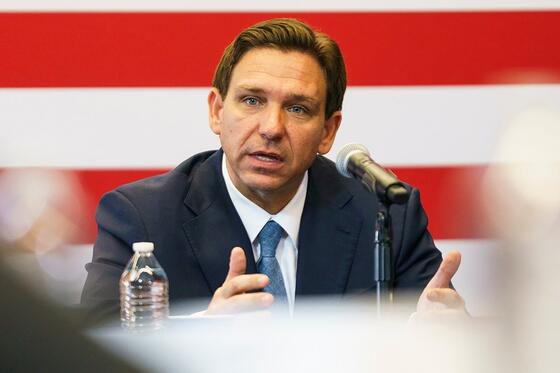
Greg Nash
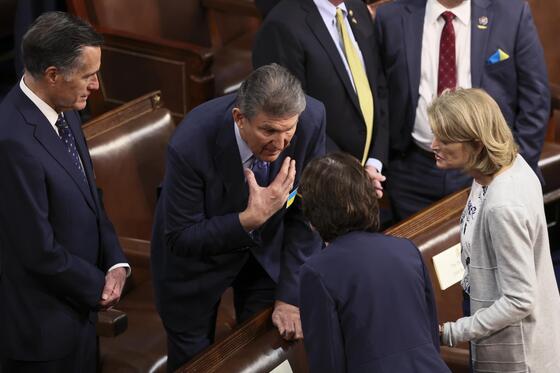
Evelyn Hockstein-Pool/Getty Images
Voices on Both Sides Support the Bipartisan Electoral Reform Deal. Can It Pass?
Featured Topics
Blog Posts
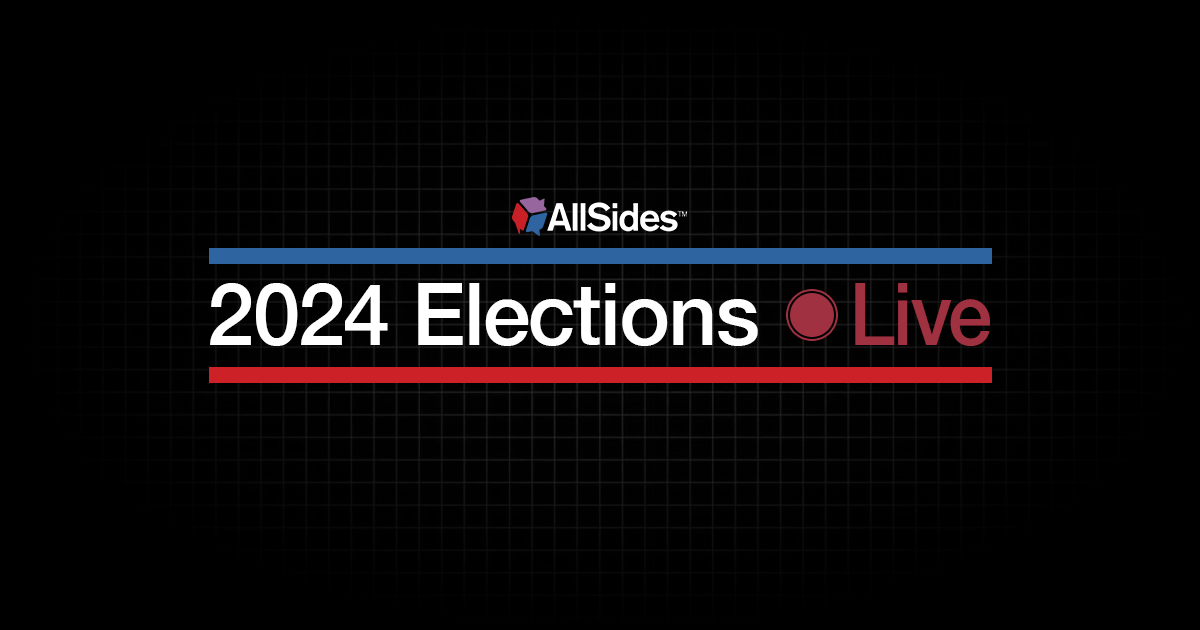
Recommended Reading
2024 Election: Latest News, Polls and Examples of Media Bias
AllSides Staff
2023-12-18T10:00:35-08:00
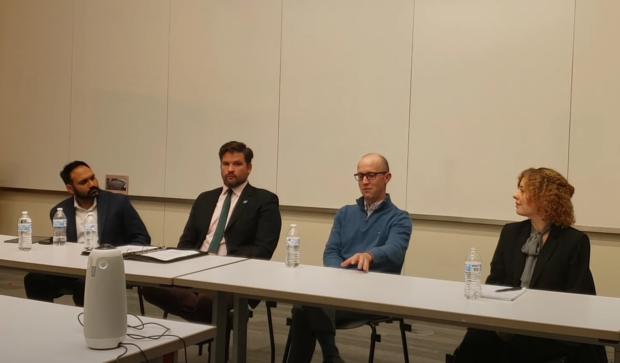
Recommended Reading
Ranked Choice Voting Improves Politicians’ Incentives and Should Reduce Political Polarization
Aaron Kohrs
2023-11-06T10:09:08-08:00
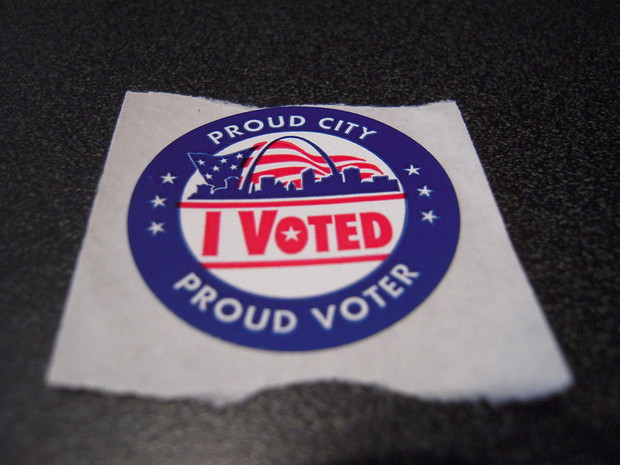

Recommended Reading
What 2022 Candidates Have Said About the Country's Top Issues
Rose Mercer
2022-11-04T15:28:32-07:00
Red-Blue Translator Terms
-
Liberal Media
To those on the right, the term liberal media is an accurate description of systemic, intentional bias across major media outlets. Those on the left tend to dismiss this assertion as inaccurate and even, in some cases, paranoid. They point to the influence of FOX News and similar media as evidence against the idea of liberal-dominated media.
-
Corporations
A legal entity with dramatically different connotations for left and right. On the left the term is frequently associated with profit-driven abuses of power, or assumptions that the corporate structure usually puts profits over worker and public goods. Some have been successful enacting laws creating an optional corporate structure where the public good can be considered as well as profits. On the right, as long as government is not favoring a corporation (see crony capitalism), the term is simply descriptive of an important form of business entity that promotes and protects investment, critical for economic growth. Were it not for the fact that a growing segment of the corporate world is colluding with government, the term would be largely positive on the right.
Controversy about corporations has increased with decisions of the Supreme Court recognizing corporations as “persons” within the meaning of the First Amendment and entitled to freedom of speech. The Citizens United decision, by according corporate political contributions the status of political “speech”, invalidated restrictions and public reporting requirements on political spending by corporations. Liberals tend to strongly oppose this as overreach, and devastating to our electoral process. Groups have formed to advocate to Congress to reverse the decision, or for a Constitutional amendment.
